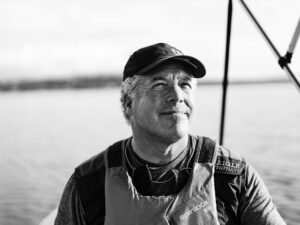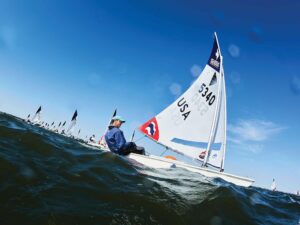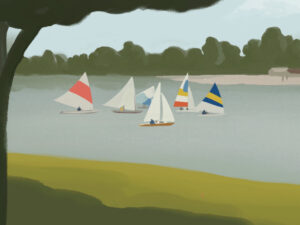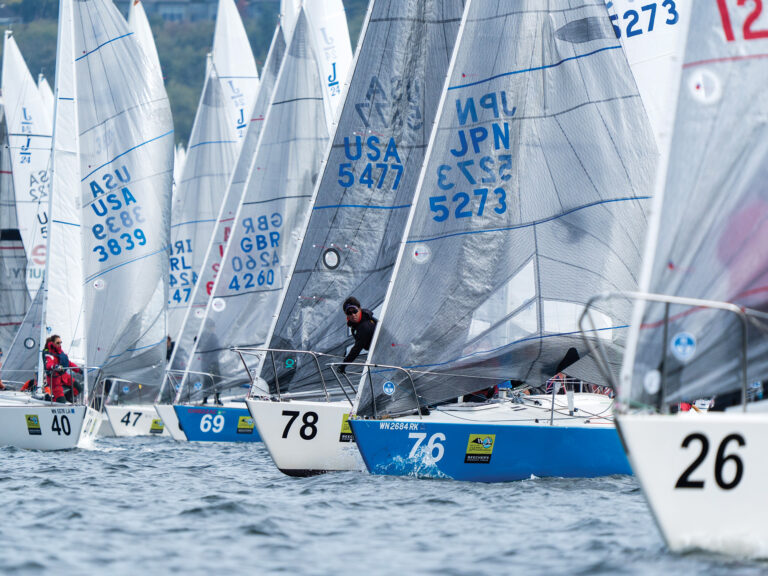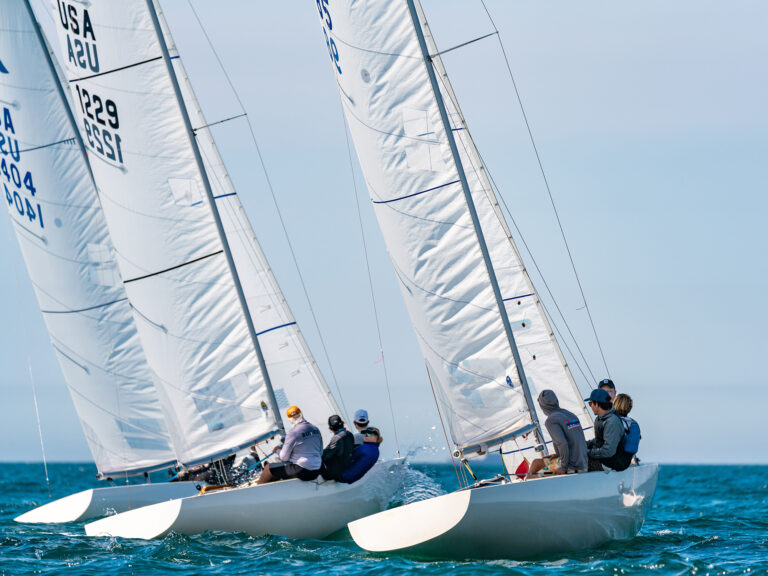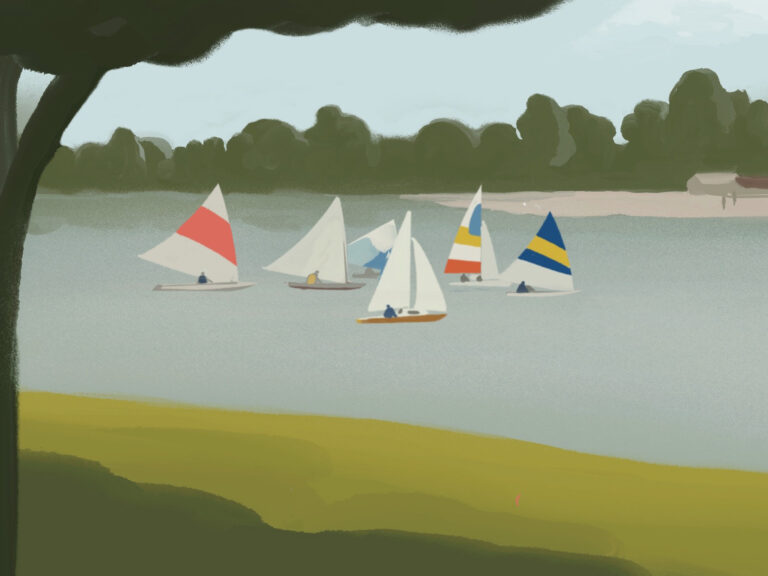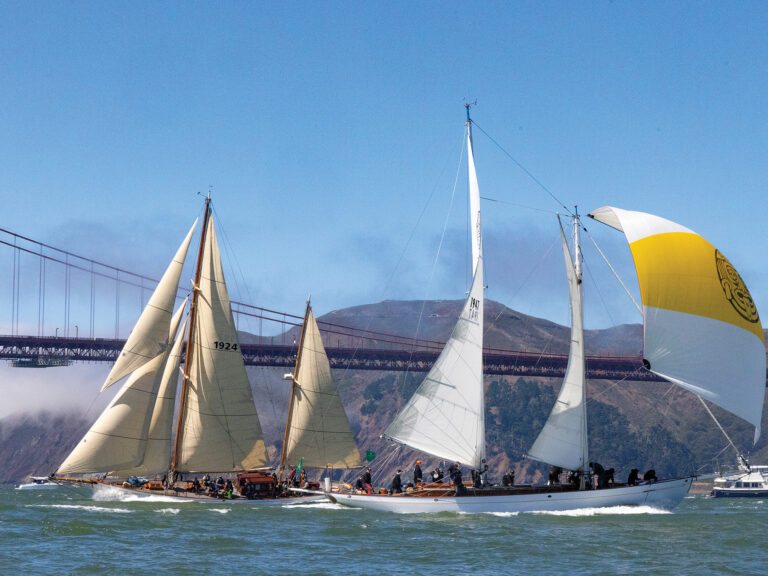Kenny Dalglish, a well known footballer who has just rejoined Liverpool Football Club as manager after resigning the post 20 years ago, said that, whilst playing, he envied the supporters—their cameraderie, jokes, stories, and the atmosphere at Liverpool FC matches. Our sport of sailing is going through huge changes at the moment to make it more appealing to spectators. I believe that these changes, or at least the motivation behind them, are for the benefit of the sport. However, I cannot envisage a time when I would rather be watching a yacht race than out on the water participating. Our sport will always be a participation sport first and foremost, and Key West Race Week is a prime example of why. As a professional sailor, I spend most of my time sailing in professional regattas, where media coverage and return on investment for sponsors are key drivers. So, to come to multi-class events like Key West, where the prime focus of the race organisers is on the enjoyment of the sailors over a wide range of different classes, is something I very much look forward to. The event is always high on my target list of events, not least because January is a very good time not to be in England. But it’s also a great event for catching up with friends and colleagues, and finding out what is happening in the year to come. I’m not sure whether it’s causal or symptomatic, but I dont think it’s coincidence that my three most successful years as a professional sailor have been the three years I attended Key West Race Week.
There’s been a fair amount of discussion about dwindling numbers, a trend that we all hope will soon reverse with the anticipated economic recovery. But what I take from the entry list is the amount of fantastic racing that there will be. There are four one-design classes (Melges 32, Melges 24, J/0109, and J/80) with 15 boats or more on the start line. All of these divisions should provide excellent racing. More unusually, we’re also going to see some really close racing in the bigger boats. The four big boats in the Mini Maxi class all rate within five percent of each other, whilst four IRC 52-footers, plus the new Humphreys 54, are going to be virtually level-rating racing in IRC 1. Plus, we have five RC44s sailing as a one-design fleet. We may have more boats at some of the larger regattas in Europe, but I for one certainly look at the quality of the big-boat racing in Key West as second to none for the multi-class regattas.
This year, I’m sailing on David Murphy’s RC44 Ironbound. We’re a new team, and, individually, we’re also new to the RC44. So we have a steep learning curve ahead of us. Our first event was the RC44 season finale in Miami during December, at which we learned a huge amount. Four races a day with 15 minutes in between on short courses with 14 boats hardly gives you a moment to catch your breath. In Key West, I’m looking forward to sailing in a smaller fleet where, all being well, we can settle into the boat in a more relaxed way and really work on the fundamentals. Not that it’s going to be easy. The competition includes BMW Oracle (2010 RC44 series winners), Aqua (2007 RC44 series winners), and Mascalzone Latino (winners of the last RC44 Event in Miami). In terms of our goals for the week, if we can beat any of those three, then we’ll have performed very well. We may not win, but I’m confident that we’re going to get some great sailing, and I’ll be sitting on the plane to England on Friday night a better sailor than when I left.

